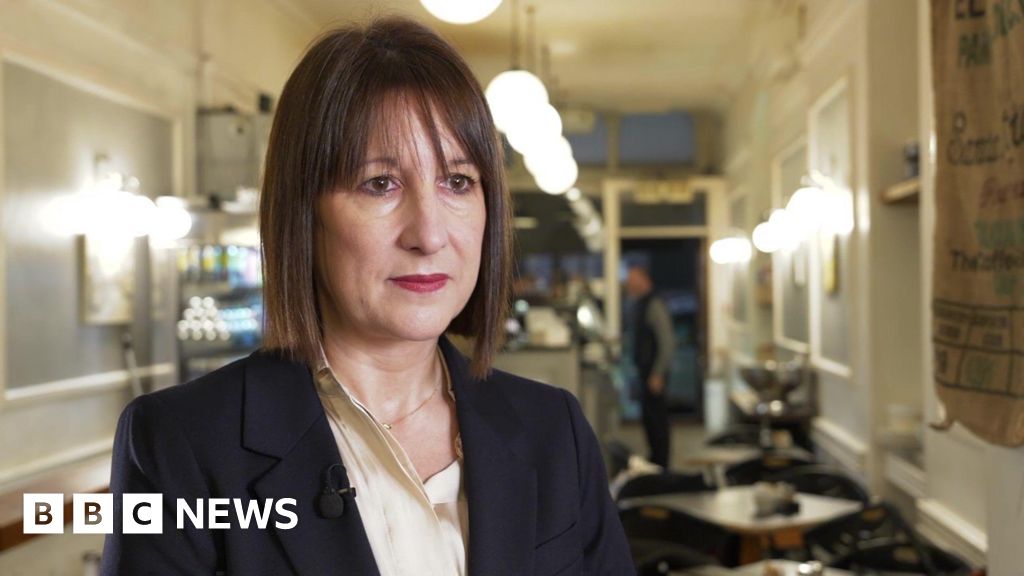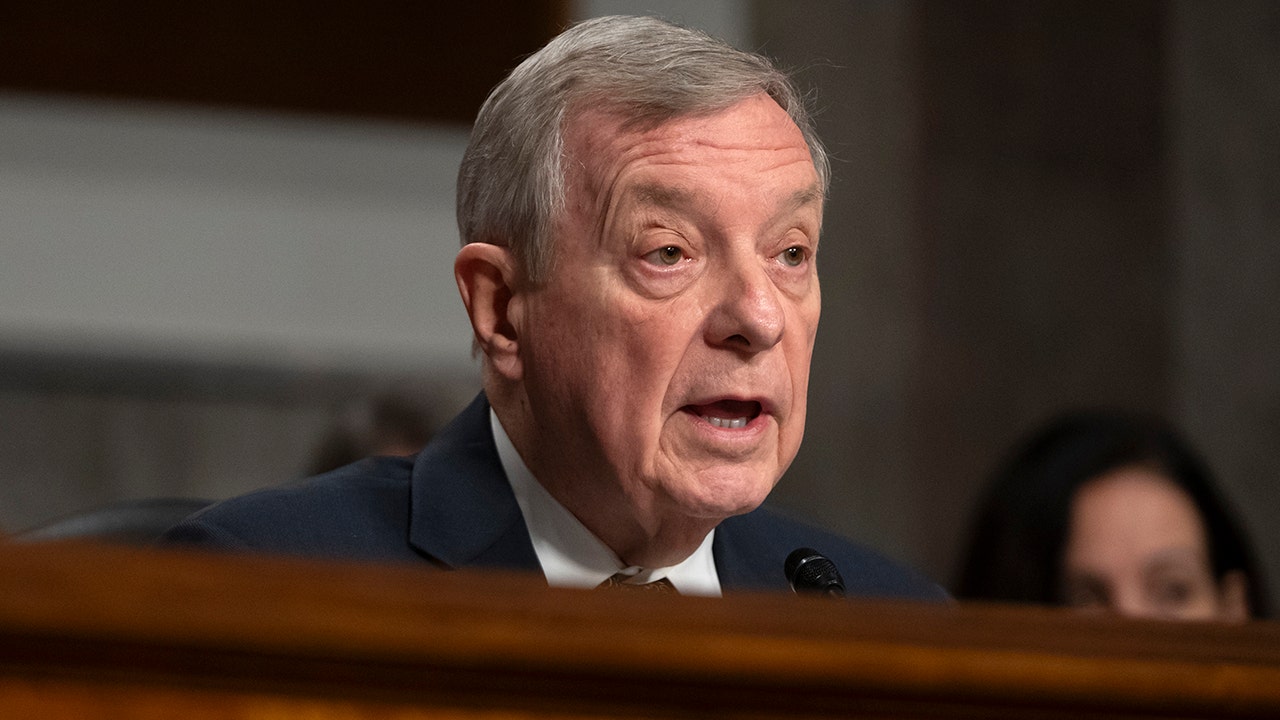The 31-year-old has been confined to his parents’ home in California since December, when he was extradited from the Bahamas on charges that he defrauded investors through his now-defunct cryptocurrency exchange.
The terms of Bankman-Fried’s bail had been tightened in the months before the ruling, but it was ultimately his contact with the media that led to his detention.
In July, he shared private diary entries of Caroline Ellison, his former romantic partner and the CEO of the trading firm that he co-founded, with a reporter from the New York Times at his parents’ home in California. Prosecutors have characterized the leak as an attempt at witness intimidation and described the July 20 article as the tipping point in their push to revoke Bankman-Fried’s bail.
Both the New York Times and the Reporters Committee for Freedom of the Press advocated against jailing Bankman-Fried, filing letters that argued the detention would violate his freedom of speech.
Defense attorneys for Bankman-Fried argued that he had a First Amendment right to repair his reputation and cited that there was no gag order that prohibited him from talking to the media.
Within an hour of the judge’s order, Bankman-Fried’s defense attorneys filed a notice of appeal, according to court documents.
The collapse of Bankman-Fried’s crypto empire, once valued at $32 billion, came last fall, when prosecutors alleged FTX had used customer deposits to cover trading losses of Alameda Research, the company’s trading armed ran by Ellison.
FTX filed for bankruptcy in November, after Bankman-Fried was ousted as CEO. Ellison and Gary Wang, another FTX co-founder, have already pleaded guilty to charges of fraud and are cooperating with government officials.















































